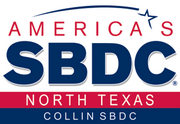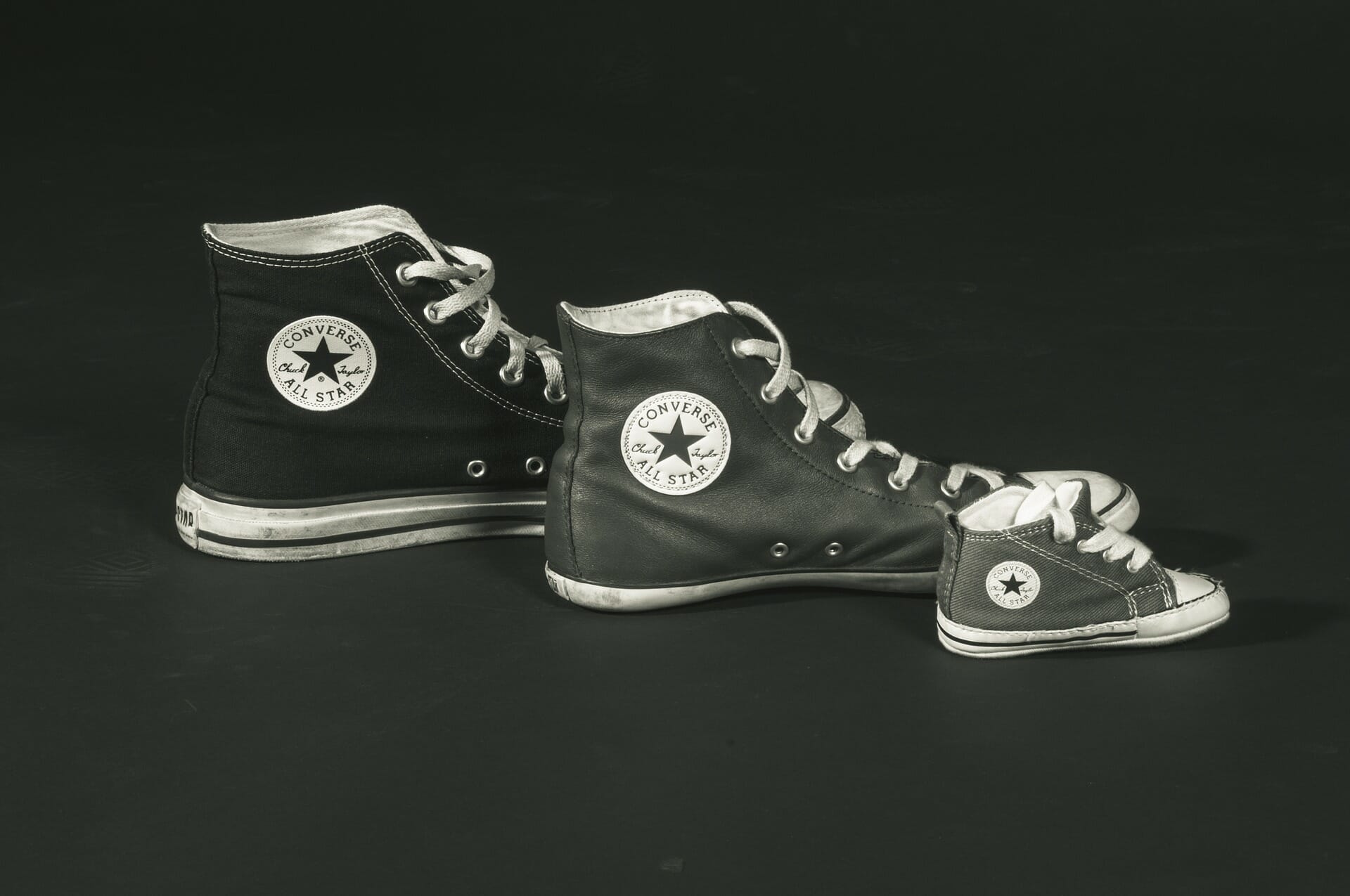
Are there benefits to being small?
If you’re asking yourself if your business can qualify for SBA perks, you aren’t alone. Are there benefits to being small?
Your business doesn’t feel small. It feels huge. You’ve got 200 employees. You make great profit year after year. Yet you’re still classified as small. How is that possible? What determines this designation?
There are millions of big, medium, small and micro businesses around the globe. Yet most of the wealth and capability are focused on those at the top. The multi-billion-dollar corporations have plenty of advantages. That’s why a businesses with less than 500 employees still fall under the official SBA business designation of small.
If you meet the SBA size standards, there are programs that can benefit your business now. Of course, the SBA designation is a step toward government contracts as well.
Size Standards
On the federal level, the US Small Business Administration uses either size or financial standards for determining what constitutes an eligible business. Although standards get updated, typically, a manufacturing company can have up to 500 employees. A non-manufacturing business can average up to $7.5 million in annual receipts. In this case, many business owners and managers may consider their size to be medium when, in fact, they can qualify for SBA programs, including the no cost services from the Collin SBDC.
The SBA especially tracks businesses with less than 100 employees, as they tend to be the newest and more vulnerable. Perhaps you have only a few employees. Your enterprise may be a micro business, and it may never need more employees. Or, it may be a start-up that will soon grow quite large. Your concerns may be quite different from a medium-sized business, and there are programs to address both of these sizes.
Benefits to Being Small
If you meet the criteria for a small business (under 500 employees, for example), you could be eligible for local, state and federal programs that can help your business grow. Possibilities are government funds to help with financing and customized consulting or opportunities for government contracts. This isn’t for every business, of course, but the Federal government is the largest purchaser of goods and services in the world.
Federal Contract Qualifications
To qualify for federal contracts, you’ll need an SBA designation with proper registrations and ID numbers. A Dun and Bradstreet number (DUNS) is a nine-digit number that is tagged to your physical location. You will also need a North American Industry Classification System (NAICS) code for each product or service you provide. You’ll need a System for Award Management registration. This will give you a listing in the SAM federal database where agencies may choose their contractors.
Whether you’re a medium-size concern, a start-up, or something in-between, complete a Client Needs Assessment and let the Collin SBDC assist you.



